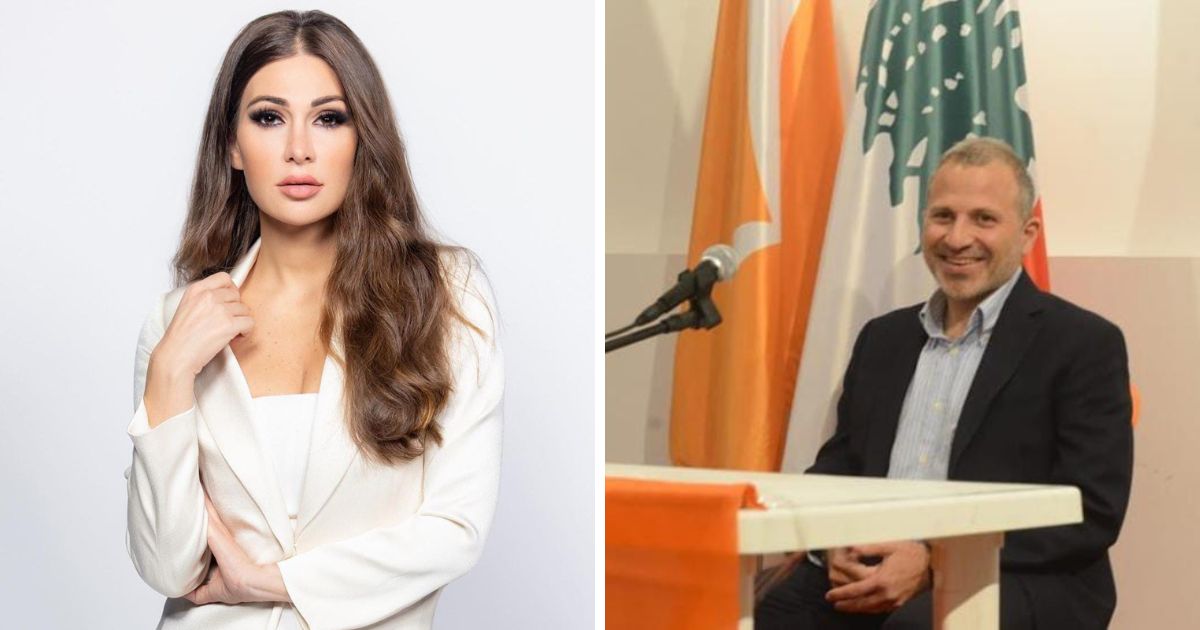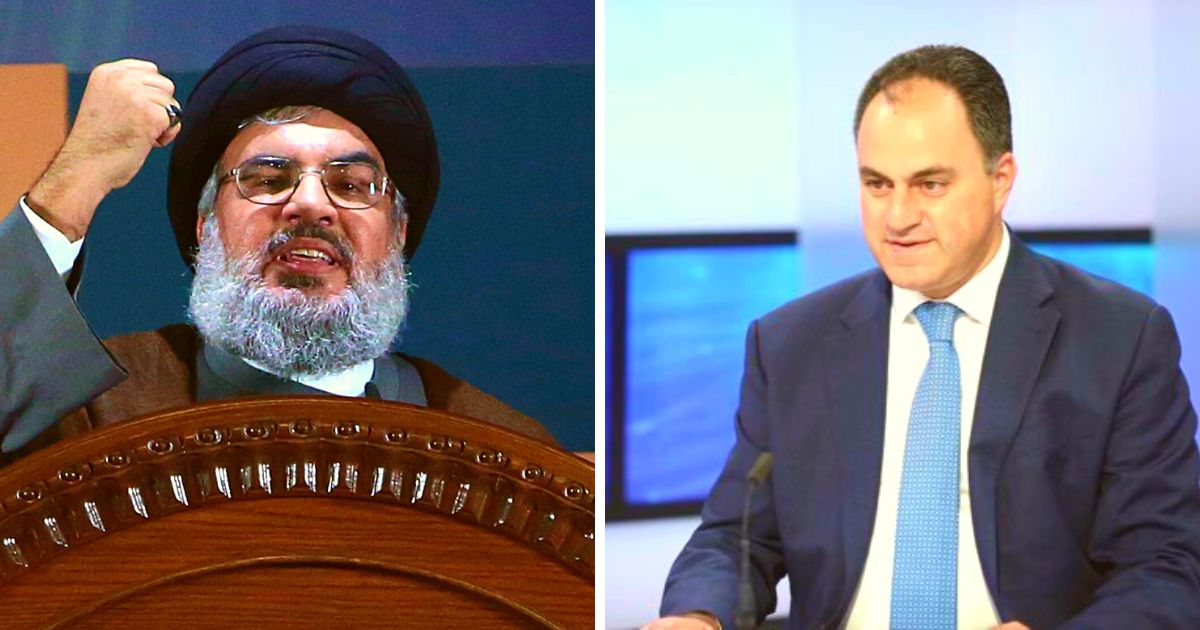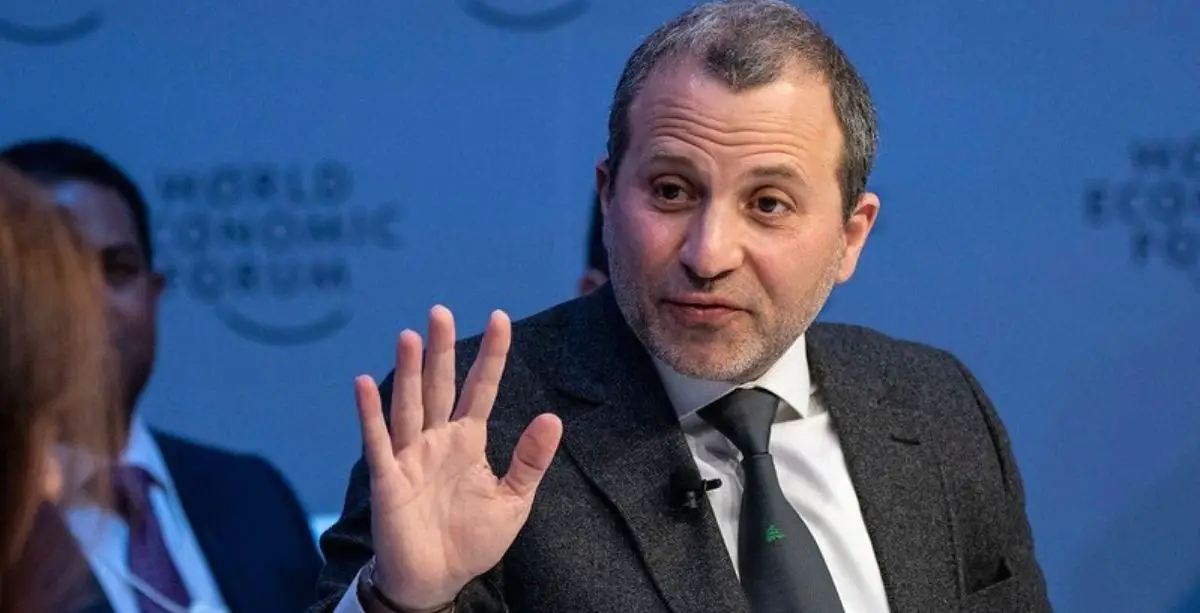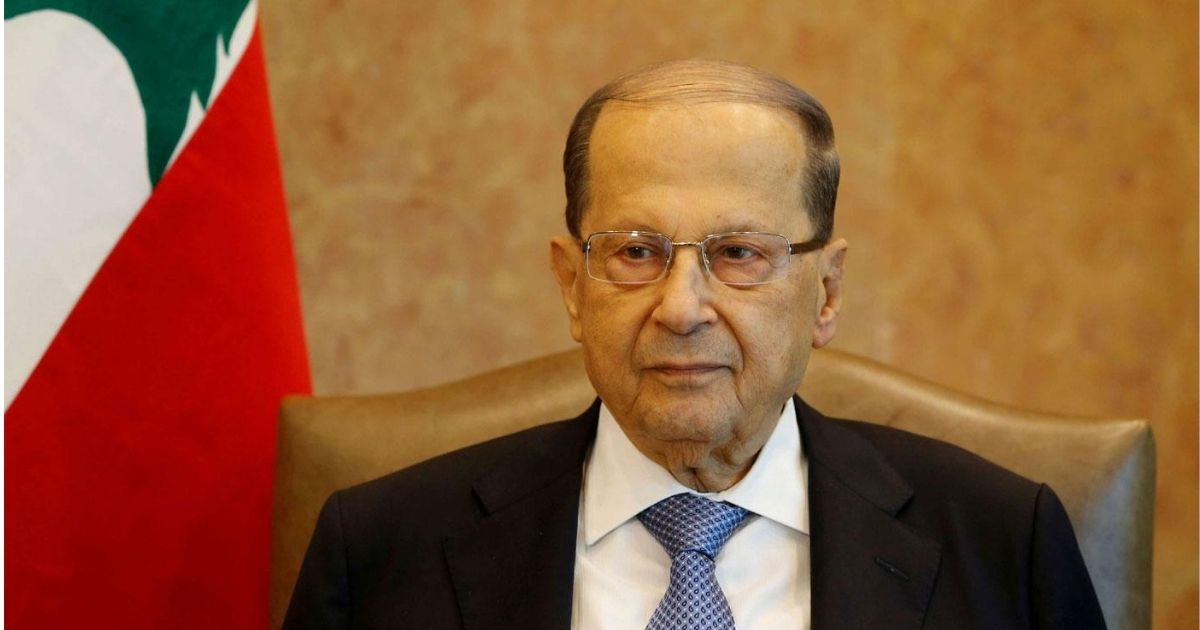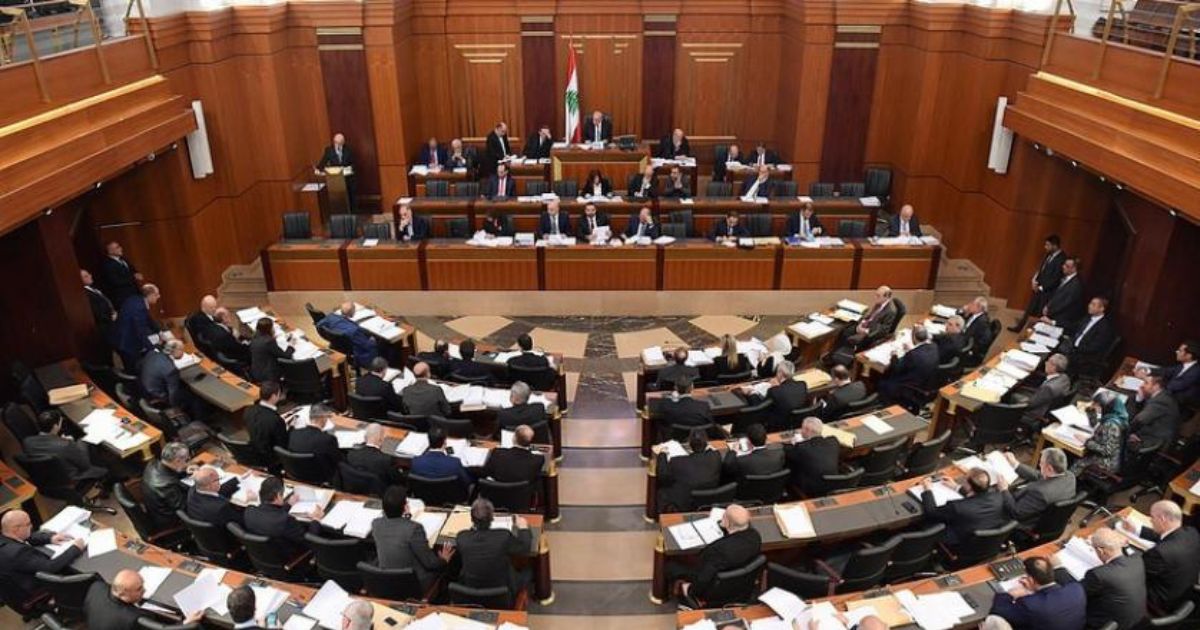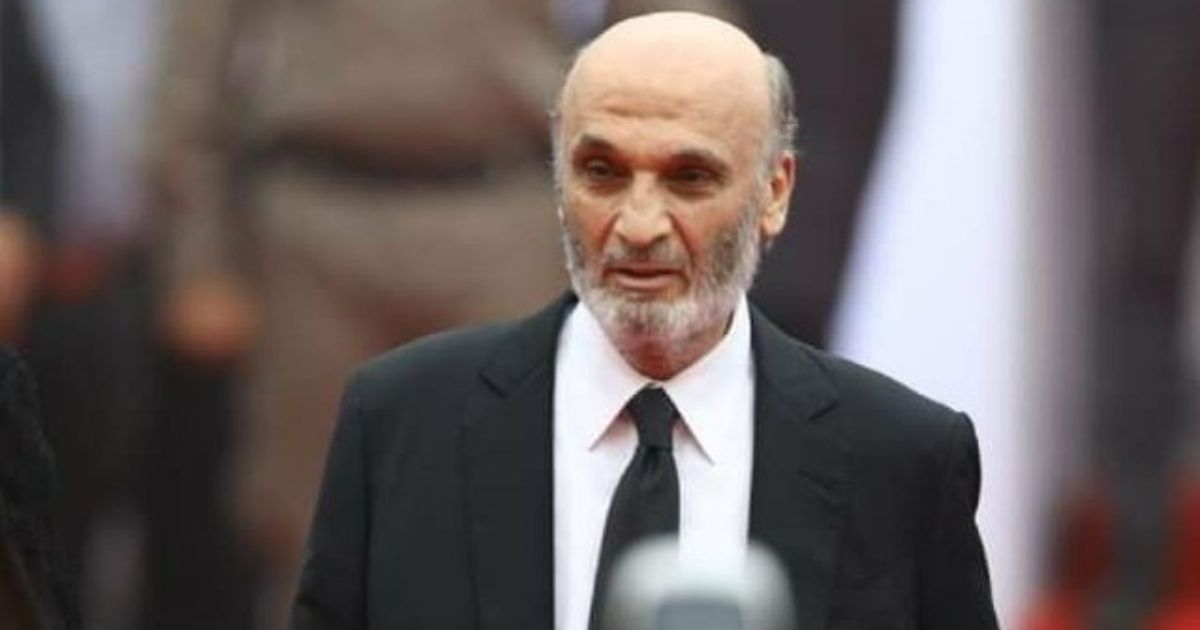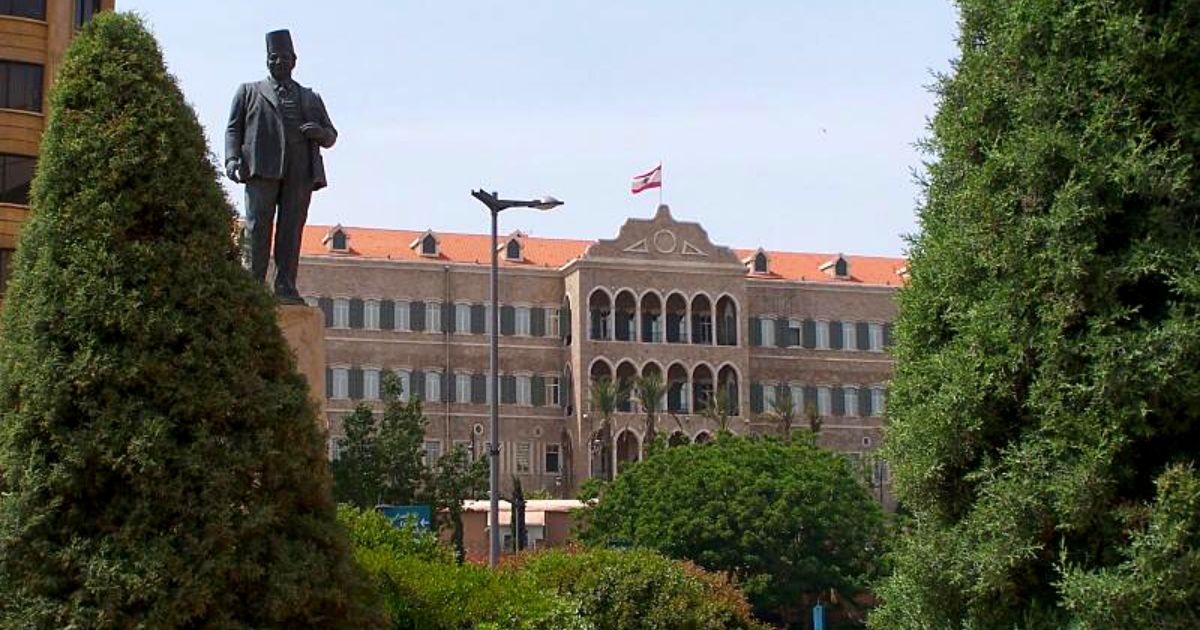As of Tuesday-Wednesday midnight, Lebanon officially closed the candidacy for the May 15, 2022, parliamentary elections.
1043 candidates are running for the upcoming elections. 155 (or 15%) of them are women, denoting an increase of 4.5% of the total number of candidates compared to the 2018 elections.
Interior Minister Bassam Mawlawi, said: “As we promised and the government promised, we are ready to hold the elections on time, ready to fulfill citizens’ dreams of freedom and democracy and go to the polls to cast their votes”.
The minister commented that there are 7,000 polling stations and that Lebanon is working to secure electricity during the whole voting process until closing time.
The candidates will run for the 128 seats for a 4-year mandate. Those who wish or decide to withdraw their candidacy have until March 30 to do so.
The voting will take place in Lebanon on Sunday, May 15th, and in the diaspora on May 6th or May 8th depending on the cities of their residence.
In his statement, Minister Mawlawi called on the international community to monitor the polls to “ensure their transparency and integrity.”
Just last month, at the invitation of the Lebanese government, the European Union assured that the EU will send election observers to monitor the coming parliamentary elections to support democracy in Lebanon and provide a transparent electoral process.
The usual political parties are running again for seats in the parliament with their candidates, some of whom are the same political figures who have been running the country for the past years, including some controversial officials.
These long-standing political parties are namely the Free Patriotic Movement (FPM) of the current president, Hezbollah, the Lebanese Forces, the Kataeb Party, and the Amal Movement, among others.
The Speaker of the Parliament and head of the Amal Movement, Nabih Berri, who has held his seat for the past 30 years in a row, since 1992, is also running in the election for the same seat.
Unusually absent from the race is the Future Movement of former PM Saad Hariri who had previously declared withdrawing from the political scene along with his party, and boycotting the elections.
Hariri is not the only traditional Sunni leader figure who is not running in these elections. Prime Minister Najib Mikati and ex-PM Fouad Siniora have also decided to not participate. This could give the opportunity for the rise of new Sunni figures in governance, including for the seat of the prime minister.
The “passionate” race campaigns of the usual political parties are mostly observable on social media with fierce accusations against each other, with no constructive plans of reforms presented to the public.
The Lebanese people, inside and outside Lebanon, have been hoping for a radical change with these upcoming elections where those who have ruled the country to its current demise would not be re-elected.


